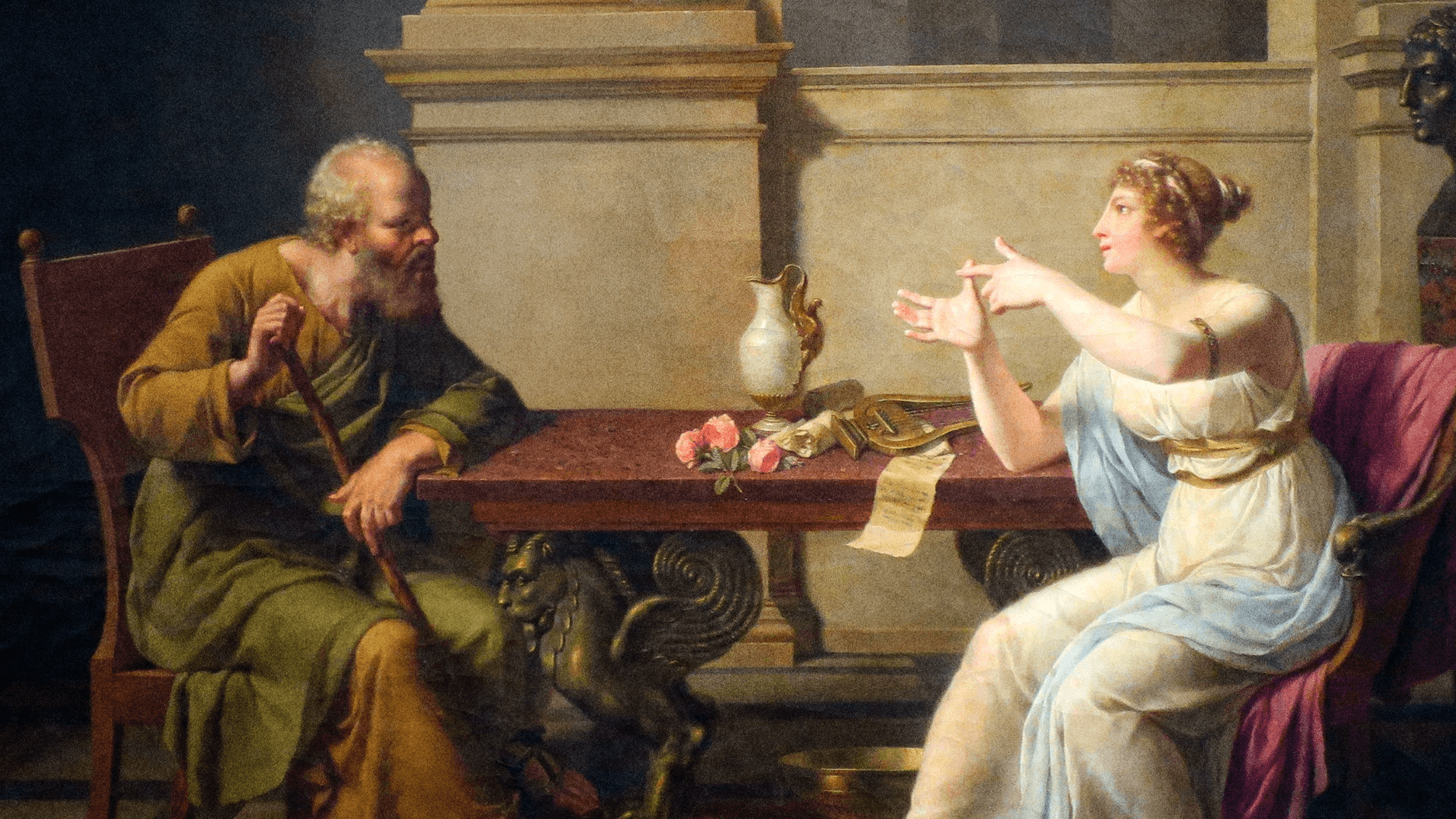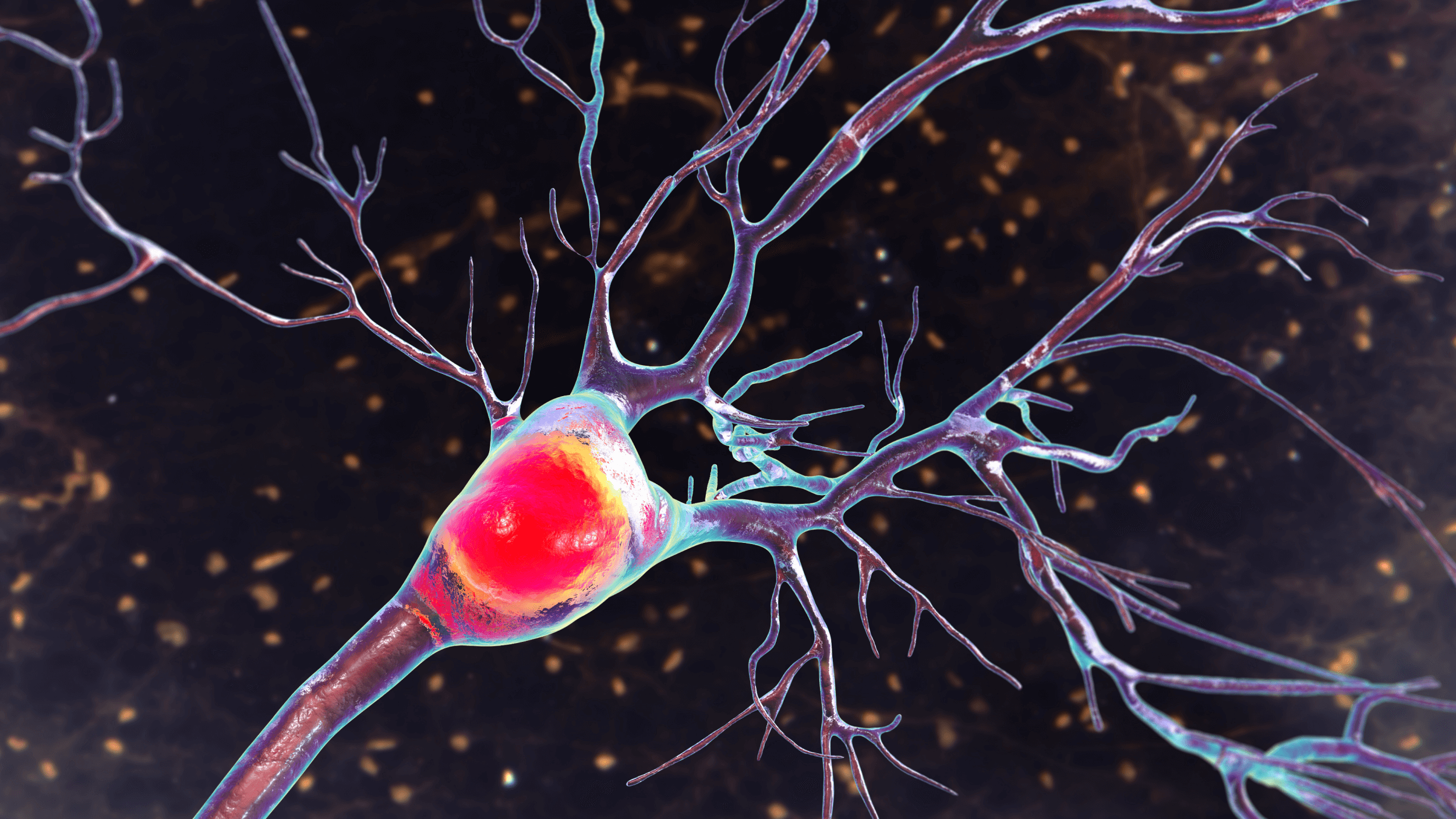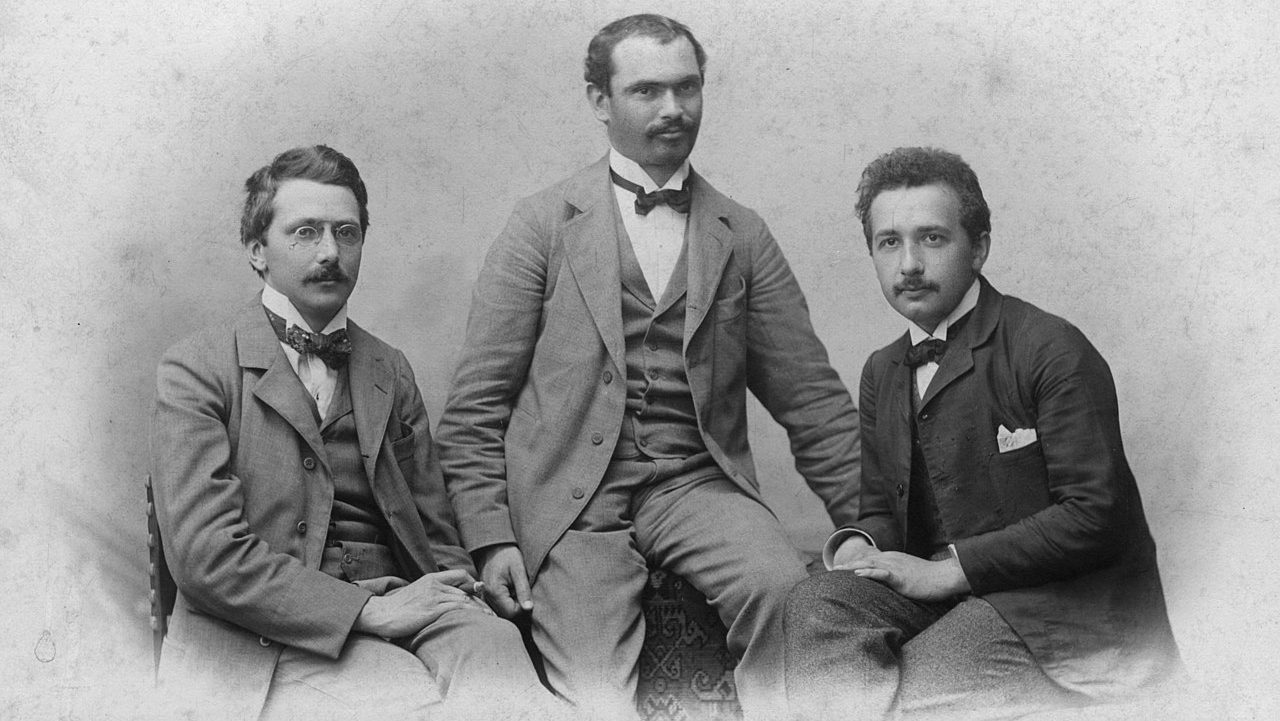Why Daniel Dennett applies Darwinism to everything.
Question: Why have you called Darwin a 'unifier'?
Dennett: Darwin’s idea takes us all the way from physics and chemistry. The world of lifeless meaningless, purposeless matter all the way to the most exalted purposes and meanings from poetry and ethics to carbon atoms all in one picture and that unifies the world and the world of inquiry and I think unlike any other idea. Before Darwin, it was not only I think it was impossible to imagine how this gap between the living and the nonliving was really filled in and now we have a pretty good understanding of not only what the materials and the structures are but how it got that way and that’s what’s really impressive.
Question: What would Darwin think about the state of human evolution?
Dennett: Well, I think Darwin would realize that human beings have evolved hardly at all genetically since he published his book. What has evolved of course is our understanding of the process and that’s evolve by cultural evolution and by just the tremendous developments of science which I’m sure he would be thrilled, beyond thrilled to see how much of this process is now understood. After all, he didn’t have the concept to the gene. He was quite frankly baffled by how evolution could not get swamped by so called blending inheritance where everything sort of mixes together to produce mush now we have a very clear understanding of that and he would have been thrilled by that but even, even more than a half of century after he published the origin of species, William Bateson, the great geneticist early 20th century geneticist couldn’t imagine and said it was inconceivable that what you call nuclear chromatin could be the material basis for heredity. Well, that’s DNA. He just couldn’t imagine how it could be cause to him that seemed homogenous under all known test. It seemed to be just too simple. Well, now of course we know that, that nuclear chromatin has in the case of human beings double helix molecule with 3 billion base pairs in it and it’s copied into every single cell in our body. That’s stunning. He couldn’t imagine that.
Question: Is it too simplistic to apply Darwinism to everything?
Dennett: Well, there’s simplistic ways of doing it and there’s less simplistic ways and let’s push ahead firmly and avoid the huge the over simplifications and settle for the useful over simplifications. Of course, its’ complicated, life is complicated. If biologist have been dissuaded by natural, naturalist people you know, if those people who’d been studying the orchid and the beaver and the honey bee, the elm tree and the perched had said, “Oh, Mr. Darwin my species is much, much, much, much too complicated ever to be explained by your theory. First of all, they would be wrong and yes, life is complicated. Culture is complicated, minds are complicated but they are not so complicated that we can’t do a good analysis of what makes them complicated.






